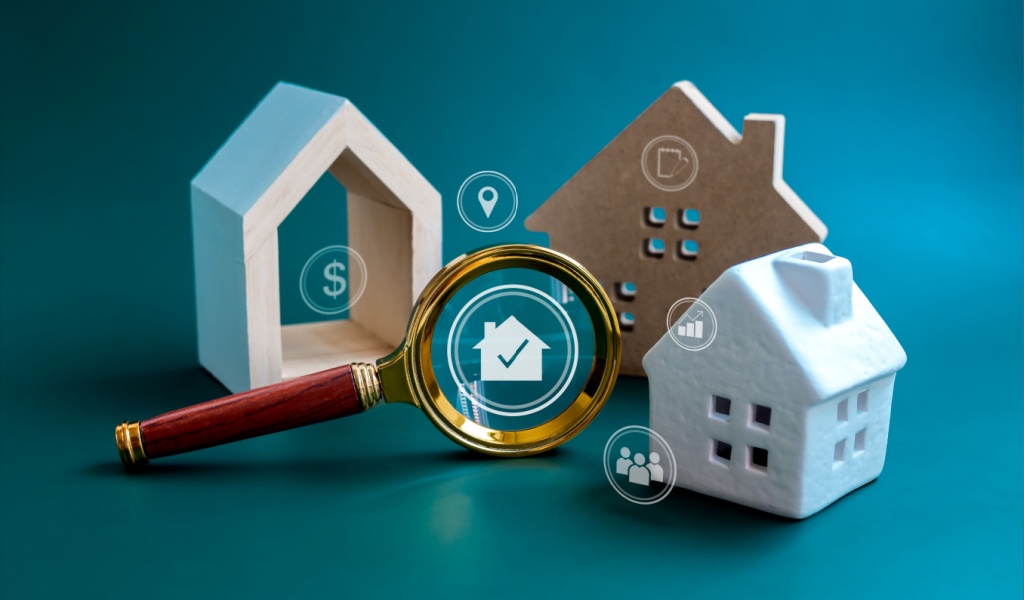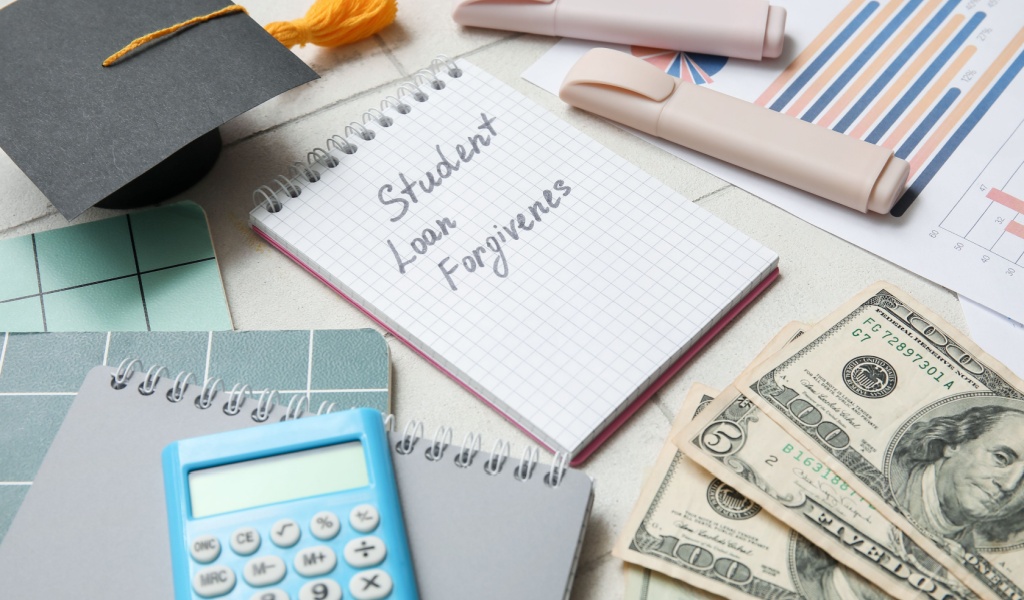No one deliberately wants to sink into debt and sabotage their finances. But a few bad spending habits can put anyone down that path and derail finances. Getting into debt is extremely stressful, and agonizing about paying off the debt while still having money to remain afloat can make you feel like you are running at dead ends in a never-ending maze!
Luckily, adapting a few simple habits can help you stay out of debt, protect your finances, and build wealth for a stronger and more stable future. Let’s dive right into it!

Follow A Budget
Having a budget gives you a strong idea about your financial situation. It helps determine how much money you’re making, how much of it you’re spending, and how much you should be saving. You can use a budgeting app or fill an Excel spreadsheet to calculate your income, expenses, and savings.
Track Your Expenditures
Living in a highly consumer-driven world, it’s very easy to underestimate your monthly expenses. When you have no idea how much money you’re spending, it makes it harder to plan and save. Before you know it, you will be hemorrhaging money and digging yourself into a deep financial hole.
Stay on top of your expenses by tracking where every dollar goes to save yourself the heartbreak and hassle. This way, you will be aware of your spending patterns, and you can decide what you can afford and how to cut expenses in certain areas. For example, spending $20 on takeout for one night might not be a huge deal, but tracking your expenses helps you understand that you’ve blown $200 on monthly takeouts! This knowledge will force you to recheck your priorities and stick to a budget.
Quit Impulse Buying
Force yourself to wait for a few days to buy something without jumping right onto it. With a bit of digging around, you might find a lower price or even realize that you don’t need what you wanted to buy initially!
Pay As You Go
A pro tip is to treat your credit card like a debit card. Let’s say you use your credit card to buy dinner for $20 and swipe another $50 for gas. Before you sleep at night, transfer the outstanding $70 from your checking account so you don’t end up spending money you don’t have.
Do Not Carry A Balance
If you use a credit card, you must always pay the bill in full monthly. Doing so will help you benefit from the convenience of a credit card while preventing you from expending extra money on interest. Plus, this helps boost your credit score by helping you maintain a good credit utilization ratio.
Use Cash
Did you know that the physical action of handing over cash to someone is a lot more difficult than swiping a card? When you pay with cash, it makes you think twice about whatever you want to buy. Because cash is tangible, and you need to take it out of your pocket and hand it over, a sense of pain is associated with parting from it. Credit and debit cards don’t inspire the same feelings because you don’t see a physical representation of the money being disbursed.

Automate Savings
Even if you decide to set aside money every month for savings, it might not always happen. So, a sneaky solution is to automate your savings and retirement contributions. This way, money gets saved, and you progress toward your financial goals without hindrance!
Stick To Your Budget – No Matter What
Even if you get a pay rise, set up a side hustle, or even win the lottery, stick to your original budget. If you have extra money that you’re tempted to spend, funnel it directly into your savings account or retirement fund.
Compare Prices
It is tempting to buy something as soon as you see it, but savvy spenders know where to grab the best deals and how to compare prices. Use apps, websites, and fliers to get the best bang for your buck. Why spend more on the same thing when you can get it for less money somewhere else?
Pay Your Bills On Time
When you delay your bill payments, there are consequences for it in the form of late fees and penalties. Sometimes, the service could get terminated, too, and you must pay to get it back, so don’t make this expensive mistake! If you have the habit of forgetting deadlines, set reminders on your phone or computer so you never miss paying a bill.
Bottom Line
Living debt-free is not impossible, and it doesn’t mean you have to sacrifice a lot. The trick is to find budget-friendly alternatives so you can trim costs without compromising on what you want. For example, you can opt to cook your favorite meals instead of ordering them or go to the library to read your favorite book instead of buying a brand-new one.
Of course, every person’s financial situation is unique, but what’s common among debt-free people is their healthy money habits. This includes the tips mentioned above, which anyone can implement to stay out of trouble and build a wealthy life free from debt!



